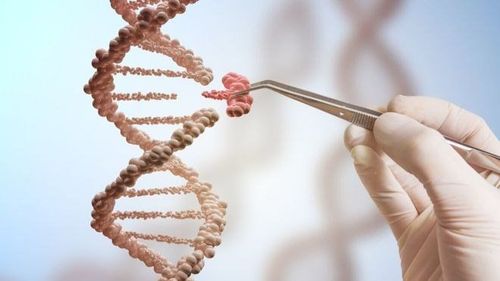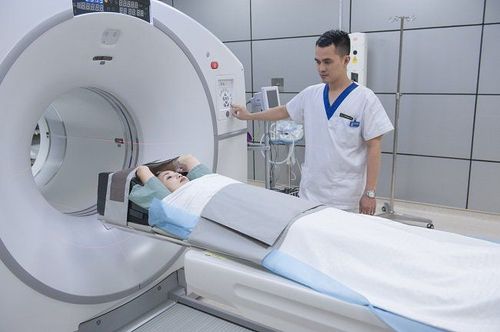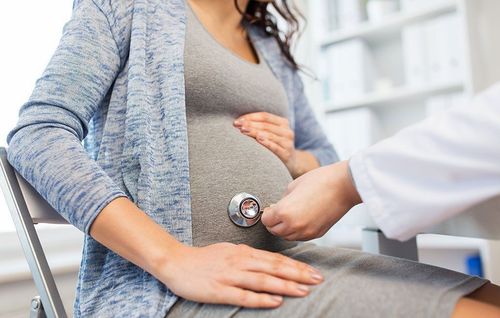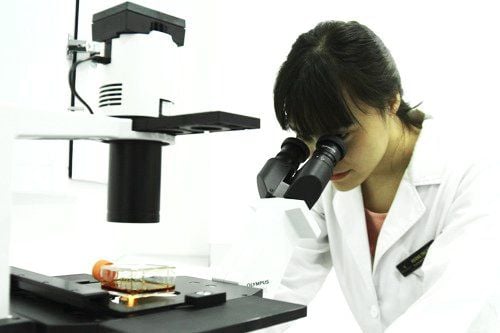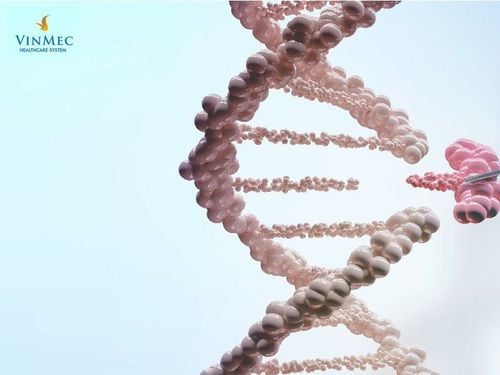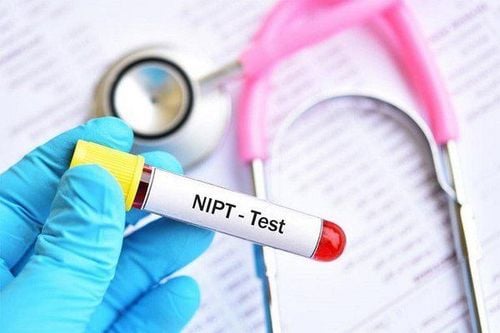This is an automatically translated article.
All living organisms are made up of cells. Organs and organs are all made up of cells, and each individual human being consists of billions of such cells. The development of modern science has discovered the secrets inside cells and the relationship between cancer and genes, to answer the question of whether cancer is inherited or not?1. What are genes?
In cells, genes are part of DNA (deoxyribonucleic acid), which plays a role in regulating cell activities (what the cell should do, how to grow, when to divide, etc.). The genes that follow each other form a certain sequence of DNA, which codes for a certain protein that is responsible for a certain activity or function in the body. Each human cell contains about 25,000 genes.Most genes are located on chromosomes. Chromosomes are long chains of DNA that surround a special protein called histones. Usually chromosomes contain many different genes. Most human cells contain 23 pairs of chromosomes: 22 pairs of autosomes and 1 pair of sex chromosomes (XX for females and XY for males). 23 chromosomes.
Children receive chromosomes from their parents. Each pair of chromosomes will have one inherited from the father, and the other from the mother (hence the egg and sperm have 23 chromosomes). The origin of each pair of chromosomes explains why children resemble their parents, and can suffer from certain diseases just like other family members have.
Cells have the ability to use genes selectively: genes will be activated when needed and deactivated when not needed. The selective use of genes demonstrates cell differentiation. Some genes are kept activated because they produce proteins needed for cell function. Others only work when needed, stop when they are no longer needed, and reactivate when needed.
See more: Vinmec applies a new method to diagnose chromosomal abnormalities
2. Possible changes in genes
A mutation is an abnormal change in a gene, and even if it's just a small change, the impact it can have can be huge.A mutated gene can affect cells in many ways. Some mutations cause proteins to no longer be produced, some cause the production of inactivated proteins, others cause genes to be overactivated normally,...
Normal cells are mostly cancerous. is due to a genetic mutation. It usually takes many different mutations to cause normal cells to become cancerous. Mutations can affect many genes that control cell growth and division (some of these are tumor suppressor genes). Mutations can also turn a normal gene into an oncogene.
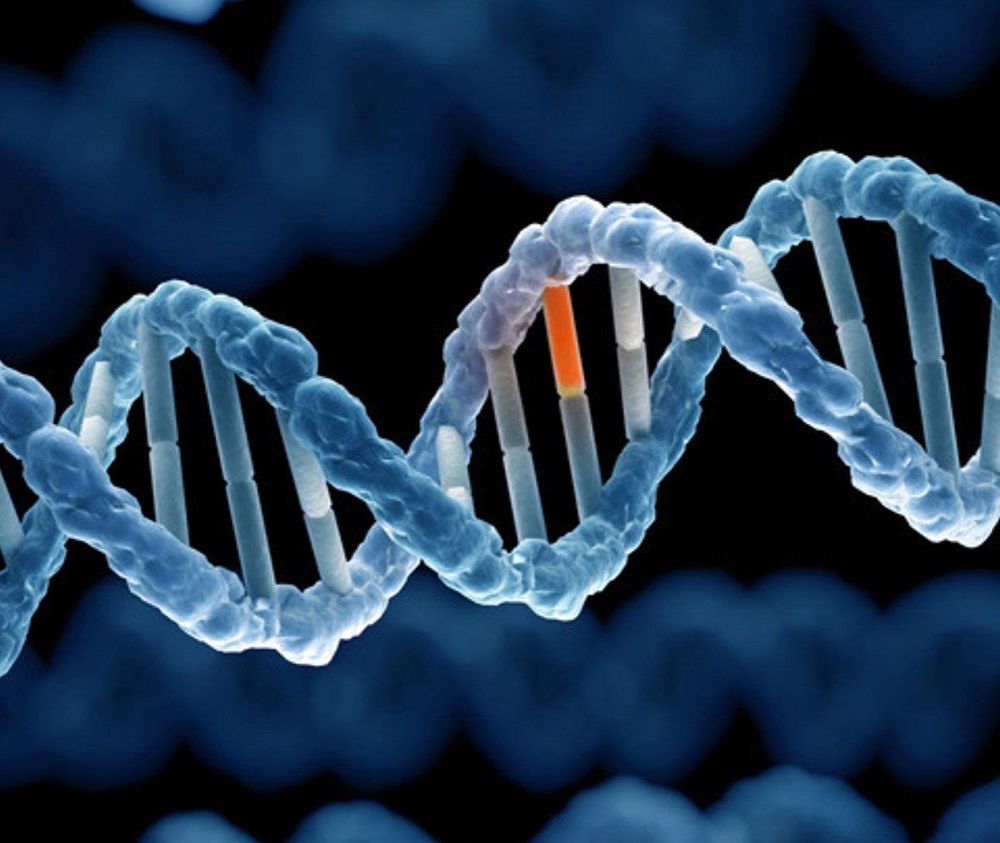
Ung thư có di truyền bởi gene di truyền đột biến ung thư từ cha mẹ
Mutations have two origins: inherited from parents or acquired. A mutation inherited from a parent is caused by a gene from an egg or sperm (or both) that mutated before fertilization took place. Acquired mutations can occur at any time after fertilization has been completed. So why is cancer inherited, we have the answer: cancer has genetic factors because children can carry mutations that cause cancer from their parents.
See also: Testing for genetic mutations in the BRCA gene - How to reduce the risk of cancer?
3. Oncogenes and tumor suppressor genes
Two types of genes that play a major role in cancer are oncogenes and tumor suppressor genes.
A normal proto-oncogene that helps cells grow and divide. When a proto-oncogene is mutated or in excess, it can become overactive and become an oncogene, causing cells to grow out of control and divide uncontrollably leading to cancer. A small number of cancers are caused by inherited mutations in proto-oncogenes, but most are caused by acquired mutations in proto-oncogenes.
Tumor suppressor genes are normal genes that slow down cell division, repair faulty DNA, or start the process of "programmed cell death". When tumor suppressor genes don't work properly, cells can grow and multiply uncontrollably, leading to cancer. Abnormalities in tumor suppressor genes can be inherited, but are most often acquired.
The important difference between oncogenes and tumor suppressor genes in cancer is that oncogenes are the result of over-activation of proto-oncogenes, while tumor suppressor genes cause cancer. because they are inactive.
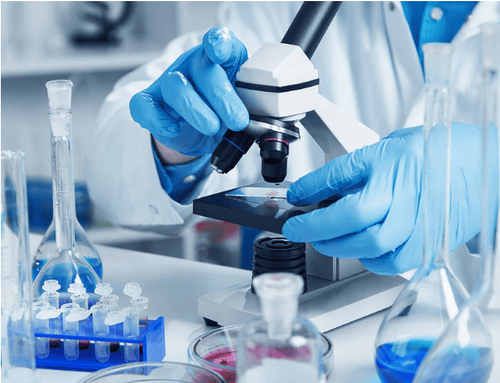
Xét nghiệm đột biến gen giúp việc điều trị một số bệnh ung thư dễ dàng hơn
4. How does the link between genes and cancer help in diagnosis and treatment?
Certain mutations are commonly found in some cancers, so finding these mutations can help with a definitive diagnosis of cancer. In addition, cells tested for genetic mutations can also be used to test sensitivity to therapeutic drugs.
In some cases, certain gene changes can be used to predict whether a patient's condition will get better or worse, helping with treatment.
Thanks to a deeper understanding of the link between genes and cancer, targeted drugs were born. These drugs target the genetic changes in certain cancers (actually targeting proteins produced by the abnormal gene, not the abnormal gene itself).
Gene testing also helps with cancer treatment, because certain mutations are known to allow better selection of drugs to treat.
Currently, Vinmec International General Hospital is the first medical facility in Vietnam capable of implementing cancer screening by combining 4 technologies: genetic testing, endoscopy, ultrasound and laboratory testing. immunity. In particular, cancer screening with genetic technology is a method that is considered a breakthrough in medicine.
Early screening is considered the "golden key" to detect and provide prevention methods, reduce the risk of death and costs for patients. Due to late detection (70% of patients are treated when they are at the end stage), the death rate from cancer in Vietnam is very high.
Please dial HOTLINE for more information or register for an appointment HERE. Download MyVinmec app to make appointments faster and to manage your bookings easily.
The article references the source: cancer.org



